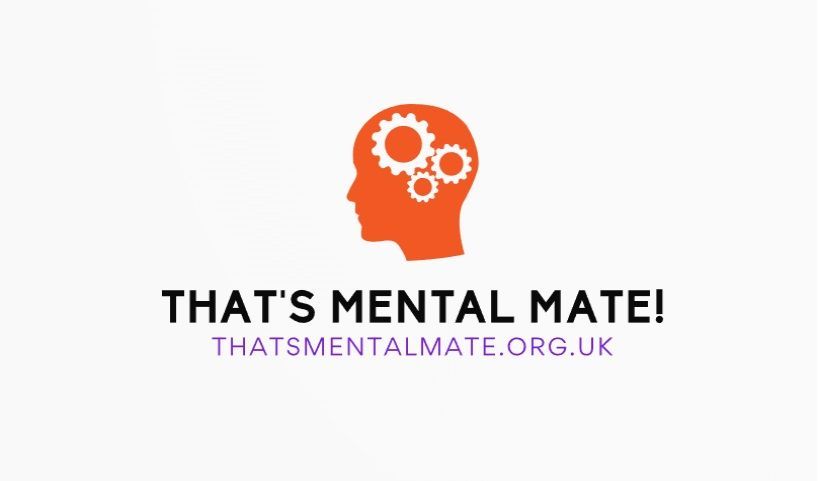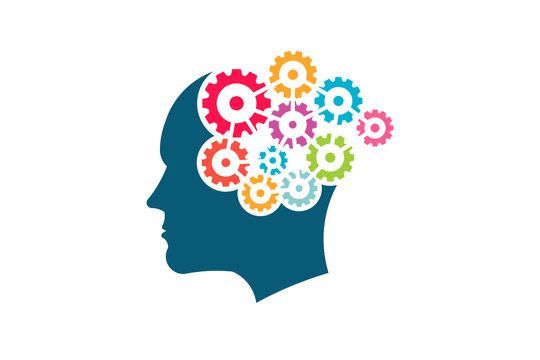Postnatal Depression
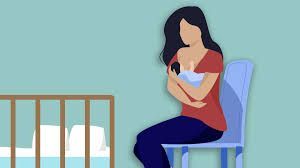
What is postnatal depression?
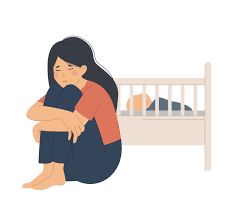
"Postnatal depression is a type of depression that many parents experience after having a baby.
It's a common problem, affecting more than 1 in every 10 women within a year of giving birth. It can also affect fathers and partners.
It's important to get help as soon as possible if you think you might be depressed, as your symptoms could last for months or get worse and have a significant impact on you, your baby and your family.
With the right support most people make a full recovery."
Taken from www.nhs.uk
What are the symptoms of postnatal depression?
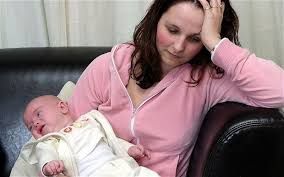
"Many women feel a bit down, tearful or anxious in the first week after giving birth. This is often called the "baby blues" and is so common that it's considered normal. The "baby blues" do not last for more than 2 weeks after giving birth. If your symptoms last longer or start later, you could have postnatal depression.
Postnatal depression can start any time in the first year after giving birth. Signs that you or someone you know might be depressed include:
- A persistent feeling of sadness and low mood.
- Lack of enjoyment and loss of interest in the wider world.
- Lack of energy and feeling tired all the time.
- Trouble sleeping at night and feeling sleepy during the day.
- Finding it difficult to look after yourself and your baby.
- Withdrawing from contact with other people.
- Problems concentrating and making decisions.
- Frightening thoughts – for example, about hurting your baby.
Many women do not realise they have postnatal depression because it can develop gradually."
Taken from www.nhs.uk
What are the treatments for postnatal depression?

"Postnatal depression can be lonely, distressing and frightening, but support and effective treatments are available.
These include:
Self-help
Things you can try yourself include talking to your family and friends about your feelings and what they can do to help, making time for yourself to do things you enjoy, resting whenever you get the chance, getting as much sleep as you can at night, exercising regularly, and eating a healthy diet.
Talking therapy
A GP may be able to recommend a self-help course or may refer you for a course of therapy, such as cognitive behavioural therapy (CBT).
Antidepressants
These may be recommended if your depression is more severe or other treatments have not helped; your doctor can prescribe a medicine that's safe to take while breastfeeding.
Local and national organisations, such as the Association for Post Natal Illness (APNI) and Pre and Postnatal Depression Advice and Support (PANDAS), can also be useful sources of help and advice."
Taken from www.nhs.uk
Support
PaNDAS UK
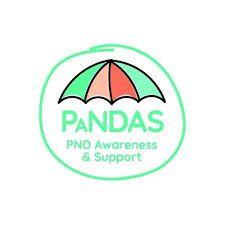
PANDAS is a charity with a mission: ‘To be the UK’s most recognised and trusted support service for families and their networks who may be suffering with perinatal mental illness, including prenatal (antenatal) and postnatal depression.’
Our aim is to make sure no parent, family or carer feels alone. We have a variety of support services available to ensure help is delivered in a way that is right for you. No one suffering any form of mental illness should feel they’re on their own.
Links for NHS treatment
If you live in England and are aged 18 or over, you can access NHS talking therapies services for anxiety and depression.
A GP can refer you, or you can refer yourself directly without a referral.
NHS talking therapies services offer:
- talking therapies, such as cognitive behavioural therapy (CBT), counselling, other therapies, and guided self-help
- help for common mental health problems, like anxiety and depression
The problems that talking therapies services can treat include:
- depression
- generalized anxiety
- social anxiety
- panic and agoraphobia
- other phobias
- obsessive-compulsive disorder (OCD)
- post-traumatic stress disorder (PTSD)
- irritable bowel syndrome (IBS)
- body dysmorphic disorder
You need to be registered with a GP to get talking therapies on the NHS.
To self-refer for Talking Therapies click here.
